Teaching safe driving habits to children is crucial for their overall safety on the roads. By instilling responsible behavior from a young age, parents can help prevent accidents and ensure that their children are well-equipped to navigate the roadways. This article provides essential tips and guidance for parents on how to prepare for the ride, buckle up for safety, drive without distractions, employ defensive driving techniques, and practice with their children to enhance their driving skills.
Benefits of teaching safe driving habits to children
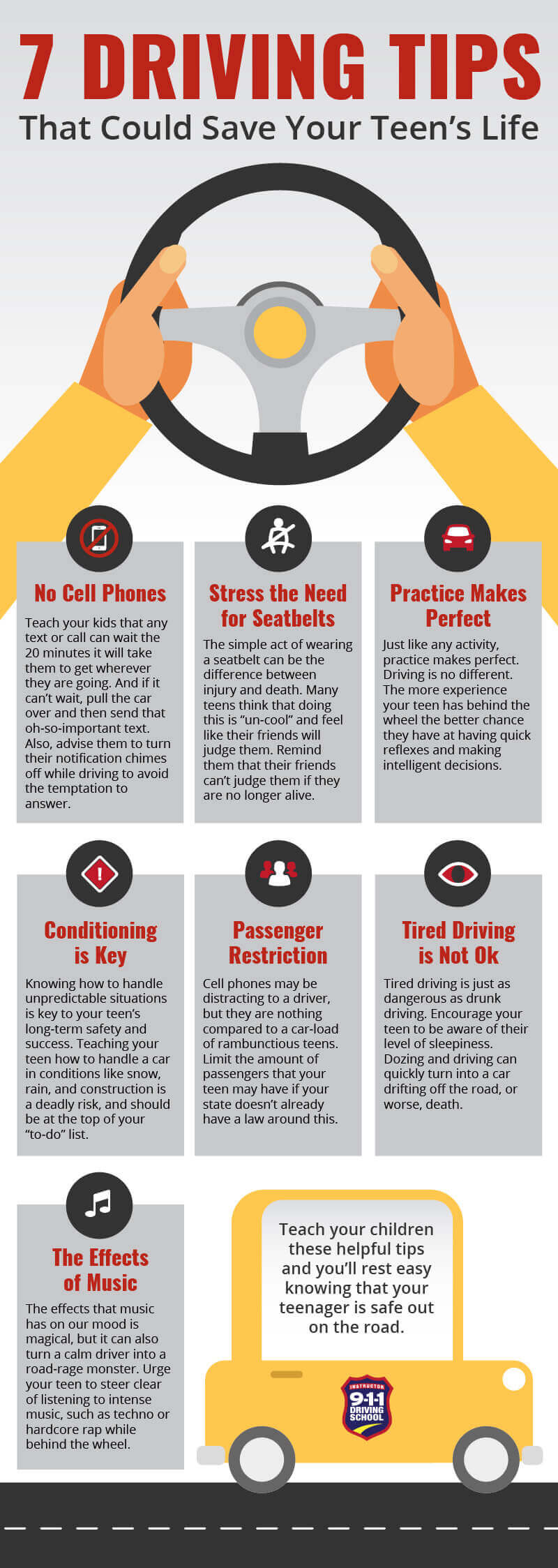
Teaching safe driving habits to children offers numerous benefits. By instilling responsible behavior from a young age, parents can help prevent accidents and ensure their children's safety on the roads. It also helps children develop good driving skills, increases their awareness of potential hazards, and promotes responsible decision-making. Additionally, teaching safe driving habits establishes a foundation for a lifetime of safe driving practices.
Importance of instilling responsible behavior

Instilling responsible behavior in children when it comes to driving is of utmost importance. By teaching them to follow traffic rules, respect other drivers, and prioritize safety, parents can help reduce the risk of accidents. It also teaches children the importance of being responsible for their actions and the impact they can have on others on the road. This foundation of responsible behavior sets the stage for a lifetime of safe driving practices.
Preparing for the Ride
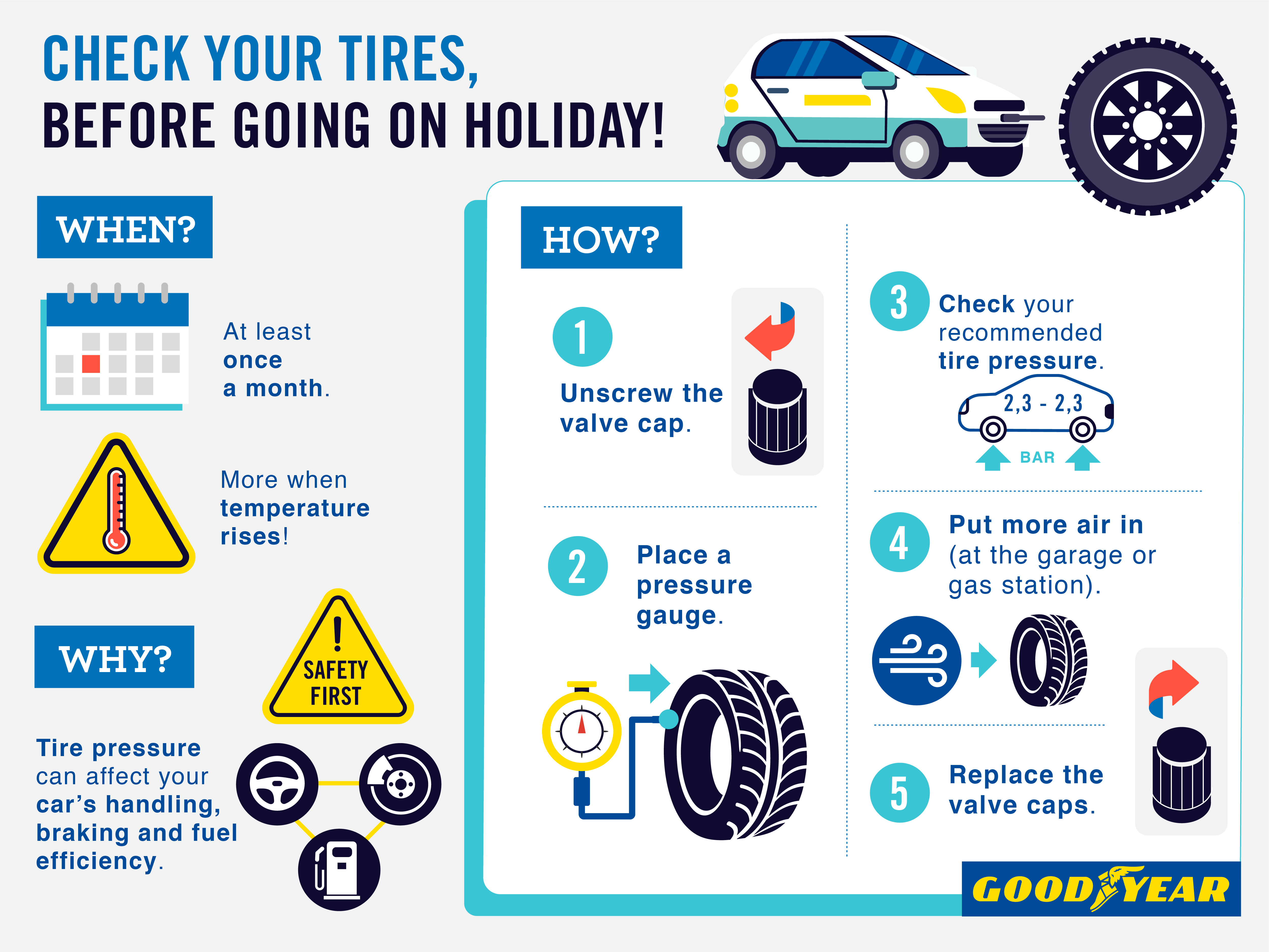
Before hitting the road, it is crucial to ensure that everything is prepared for a safe ride. This includes using proper child restraint systems, such as car seats or booster seats, that are appropriate for the child's age and size. Additionally, secure loose objects in the car to prevent any potential hazards during sudden stops or turns. Taking these precautions will help create a safe and comfortable environment for children during the ride.
Ensuring proper child restraint systems

When preparing for a safe drive with children, it is essential to ensure the proper use of child restraint systems, such as car seats or booster seats. These systems should be suitable for the child's age and size to provide the necessary protection in case of an accident. Following the manufacturer's guidelines and properly installing the restraint system will help keep children safe on the road.
Securing loose objects in the car

Securing loose objects in the car is crucial for safe driving with children. Unsecured items can become dangerous projectiles in the event of sudden stops or collisions. To prevent this, it is important to secure any loose objects, such as groceries, backpacks, or toys, either in the trunk or using seat belts or cargo nets. This reduces the risk of injuries to both children and adults inside the car.
Buckle Up for Safety

Buckle Up for Safety:
When it comes to safe driving for children, the importance of seat belt usage cannot be stressed enough. Seat belts are designed to protect passengers during sudden stops or collisions, reducing the risk of serious injury or death. It is essential to ensure that every occupant, including children, is properly buckled up before starting the journey. This simple action can save lives and should never be overlooked.
Importance of seat belt usage
Wearing seat belts is crucial for the safety of children in vehicles. Seat belts are designed to secure passengers during sudden stops or collisions, reducing the risk of serious injury or death. It is essential to ensure that every occupant, including children, is properly buckled up before starting the journey. Seat belt usage saves lives and should never be overlooked.
Understanding proper seat belt fit
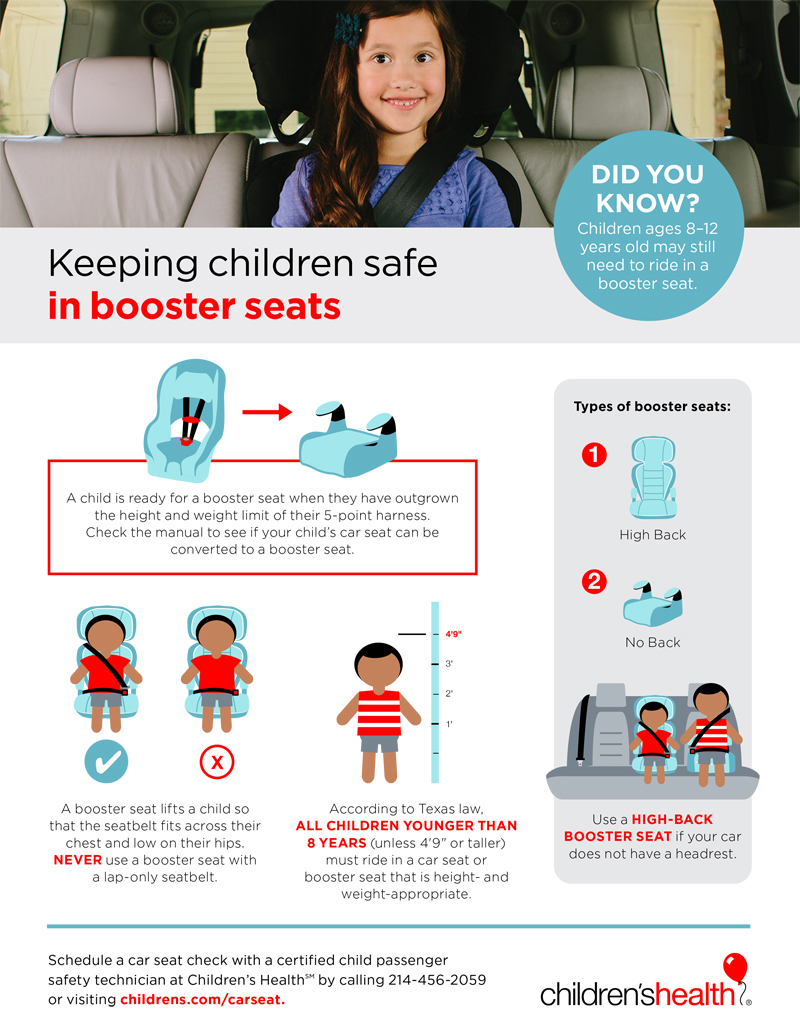
It is crucial to teach children the importance of proper seat belt fit. The lap belt should be low and snug across the hips, while the shoulder belt should cross the chest and rest between the neck and shoulder. The seat belt should never be placed behind the back or under the arm. Ensuring a proper seat belt fit maximizes its effectiveness in protecting children during a car journey.
Distraction-Free Drive

Distraction-Free Drive: Minimizing distractions while driving is crucial for the safety of children. Teach them to focus solely on the road by avoiding activities such as eating, drinking, or using electronic devices. By setting a good example and turning off mobile devices, parents can promote a distraction-free environment and ensure a safer driving experience for everyone.
Minimizing distractions while driving

Minimizing distractions while driving is crucial for the safety of children. Parents should teach their children to focus solely on the road and avoid activities such as eating, drinking, or using electronic devices. Setting a good example by turning off mobile devices themselves can promote a distraction-free environment and ensure a safer driving experience for everyone.
Turning off mobile devices

Turning off mobile devices is essential for minimizing distractions while driving. Parents should lead by example and ensure that they turn off their own mobile devices before getting behind the wheel. This will create a distraction-free environment and allow the driver to focus solely on the road. By eliminating the temptation to use mobile devices while driving, the risk of accidents can be greatly reduced.
Defensive Driving Techniques
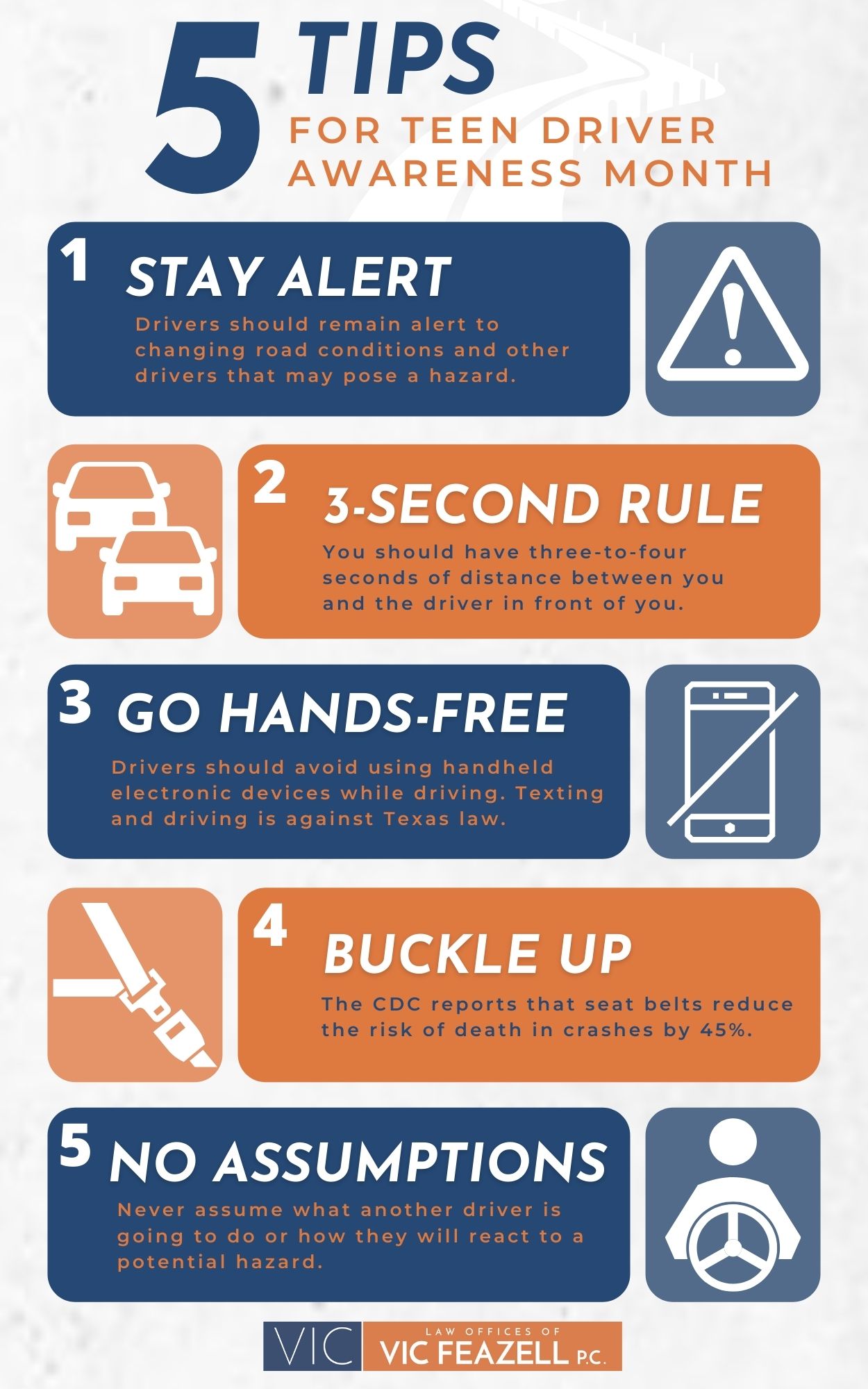
Teaching children defensive driving techniques is crucial for their safety on the road. They should learn to anticipate and respond to potential hazards, such as unpredictable pedestrians or sudden stops by other vehicles. Emphasize the importance of maintaining a safe following distance to allow for enough time to react. By instilling these skills, children will become more confident and capable drivers.
Teaching children to anticipate and respond to potential hazards

Teaching children to anticipate and respond to potential hazards is crucial for safe driving. Parents can emphasize the importance of scanning the road ahead and being aware of their surroundings. Children should be taught to anticipate unpredictable pedestrians, sudden stops by other vehicles, and potential hazards such as debris on the road. By instilling these skills, children will be better prepared to react quickly and avoid accidents.
Maintaining a safe following distance
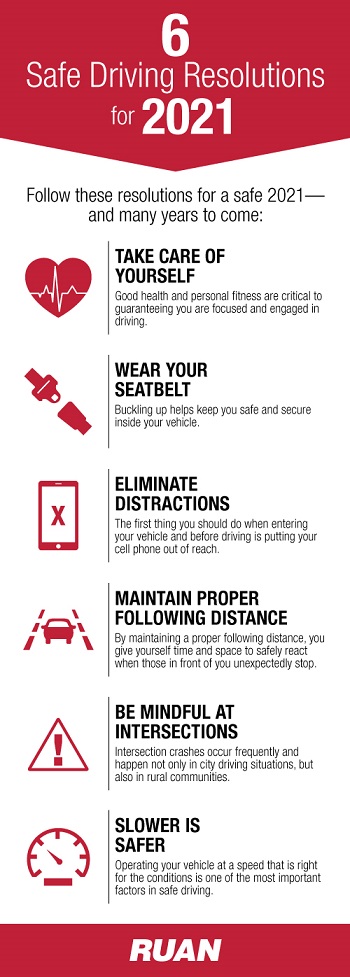
Maintaining a safe following distance is crucial for safe driving. Children should be taught to keep a distance of at least three seconds between their vehicle and the one in front of them. This allows for enough time to react and stop in case of sudden braking or unexpected events. Emphasize the importance of maintaining this distance, especially in adverse weather conditions or when driving at high speeds. By practicing this habit, children will reduce the risk of rear-end collisions and have better control over their vehicle.
Practice Makes Perfect

Supervised driving practice sessions are essential for children to refine their driving skills. Parents should provide opportunities for their children to practice in a variety of driving situations, gradually increasing the difficulty and complexity. This allows children to gain experience and confidence behind the wheel. By practicing regularly, they can develop good driving habits and become safer drivers.
Supervised driving practice sessions
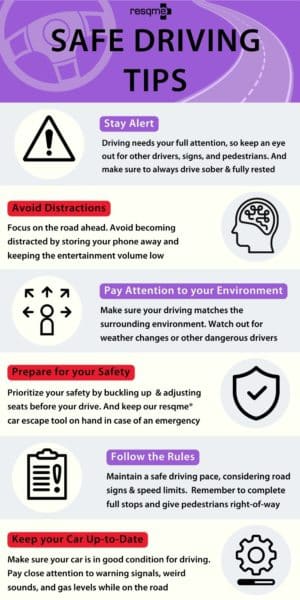
Supervised driving practice sessions are crucial for children to enhance their driving skills. Parents should provide ample opportunities and guidance for their children to practice driving in various situations. By gradually increasing the difficulty and complexity of driving scenarios, children can gain valuable experience and confidence behind the wheel. Regular practice sessions help them develop good driving habits and become safer drivers.
Gradually increasing difficulty and complexity of driving situations
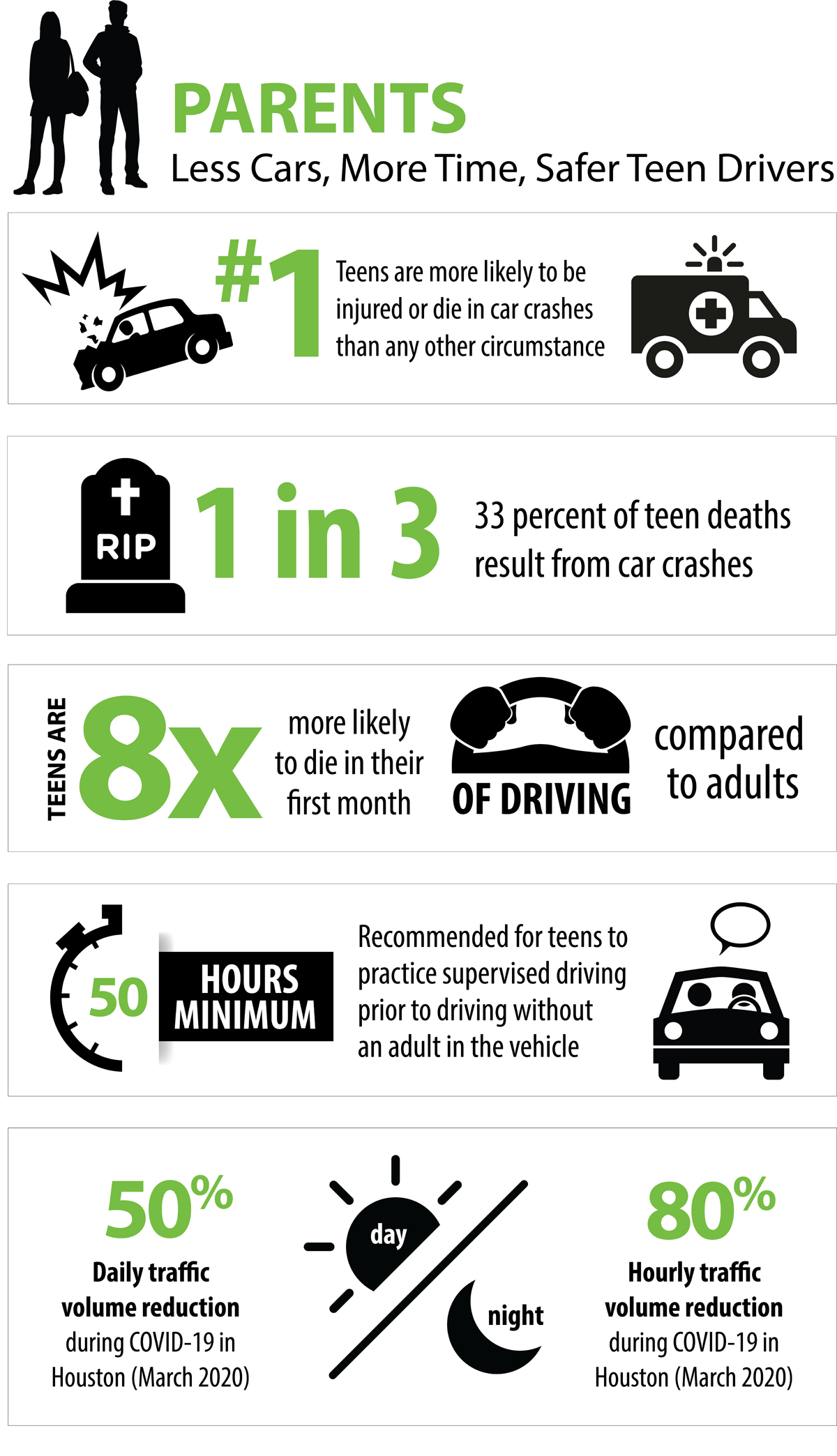
During supervised driving practice sessions, it is important to gradually increase the difficulty and complexity of driving situations. This can help children build confidence and develop the skills necessary to handle various challenges on the road. Parents can start with simple scenarios such as driving on quiet streets and then progress to more complex situations like highway driving or navigating through heavy traffic. By exposing children to different scenarios, they can gain valuable experience and become better equipped to handle real-life driving situations.